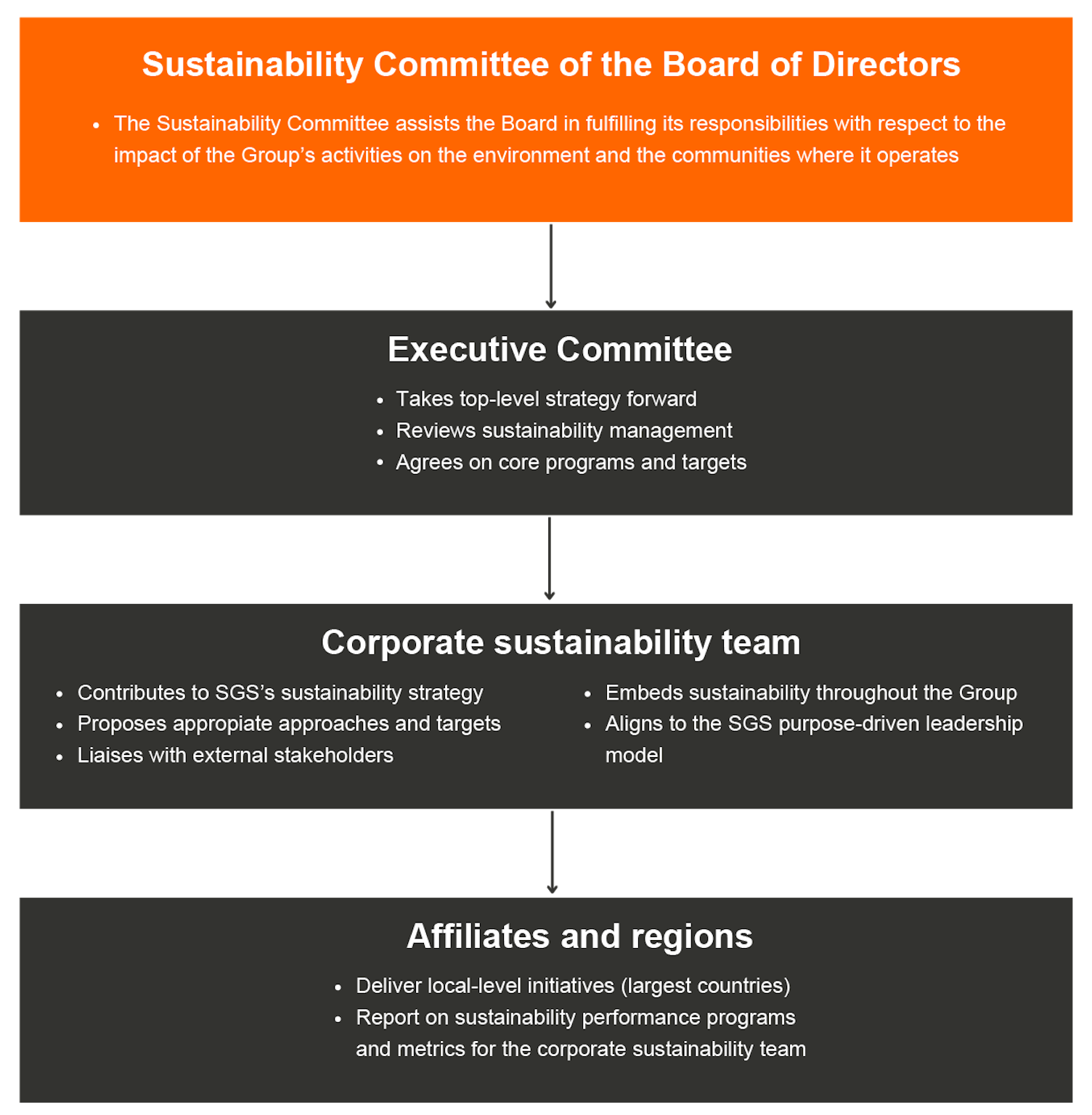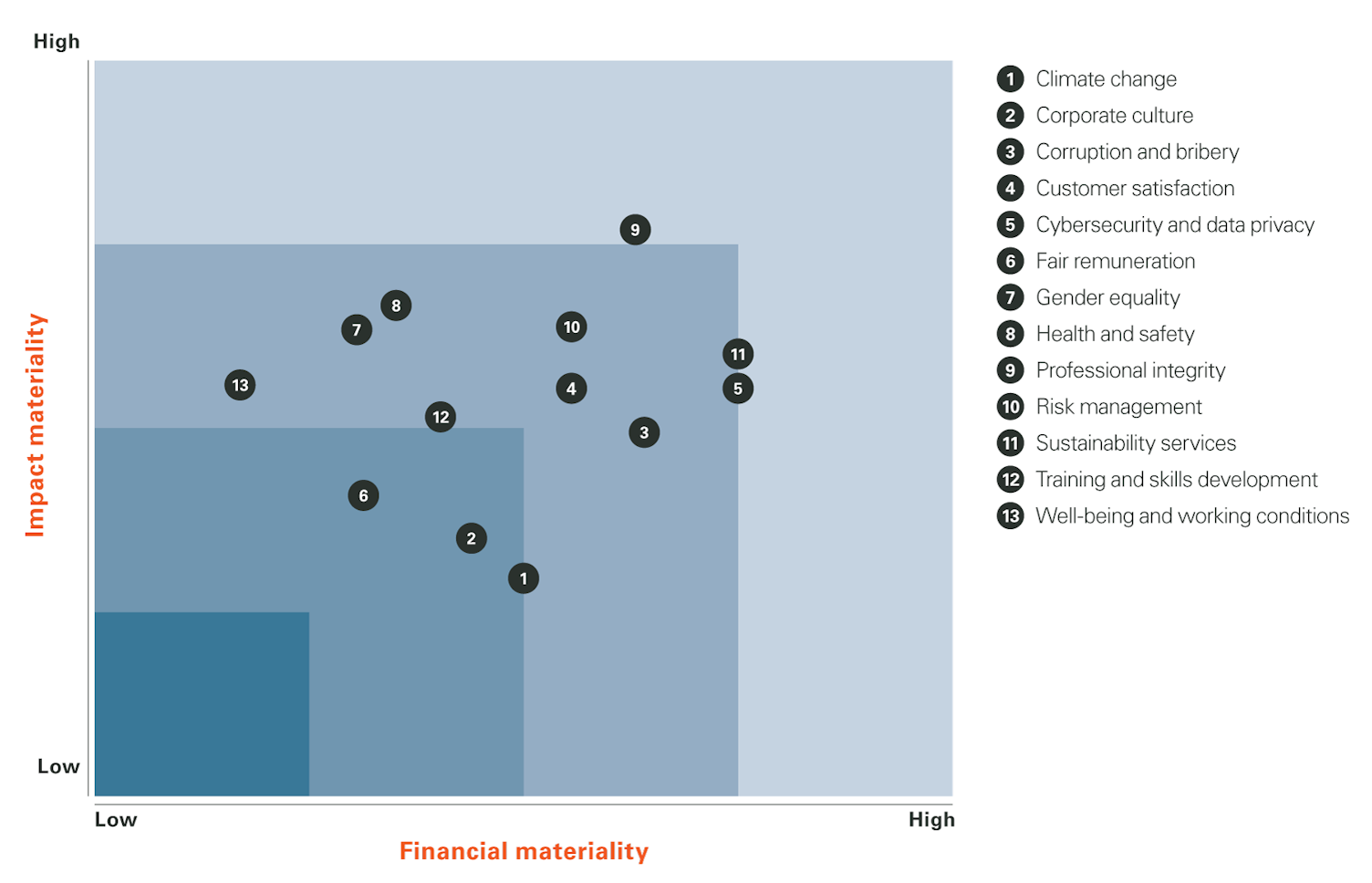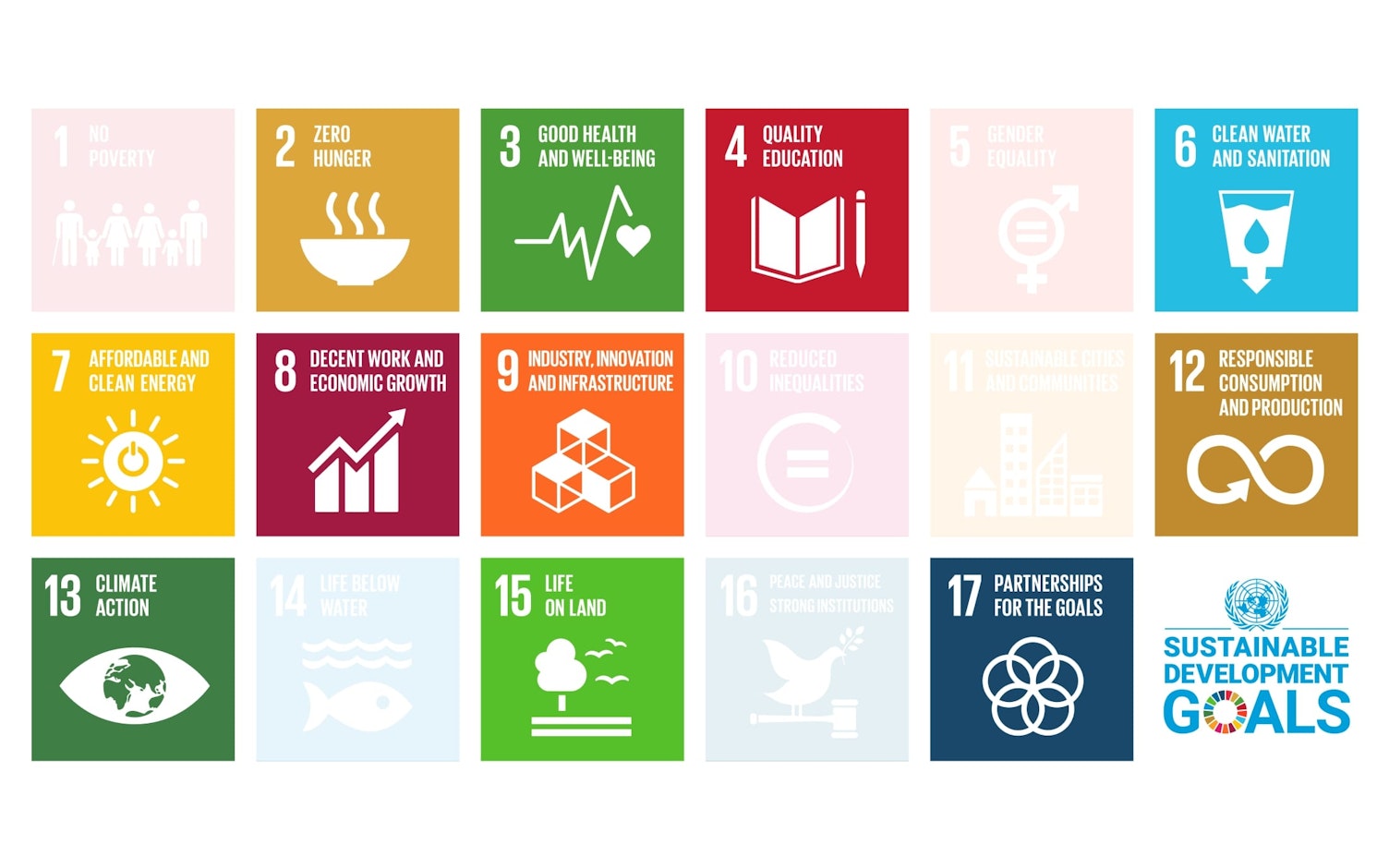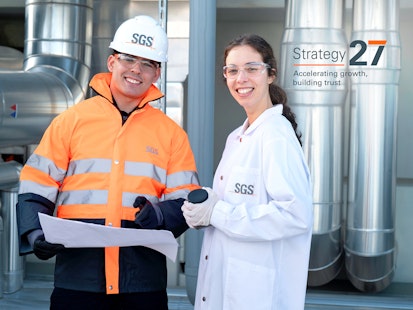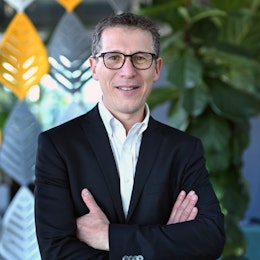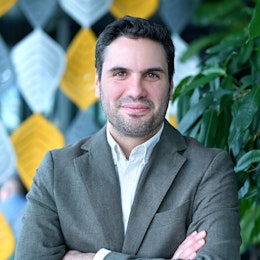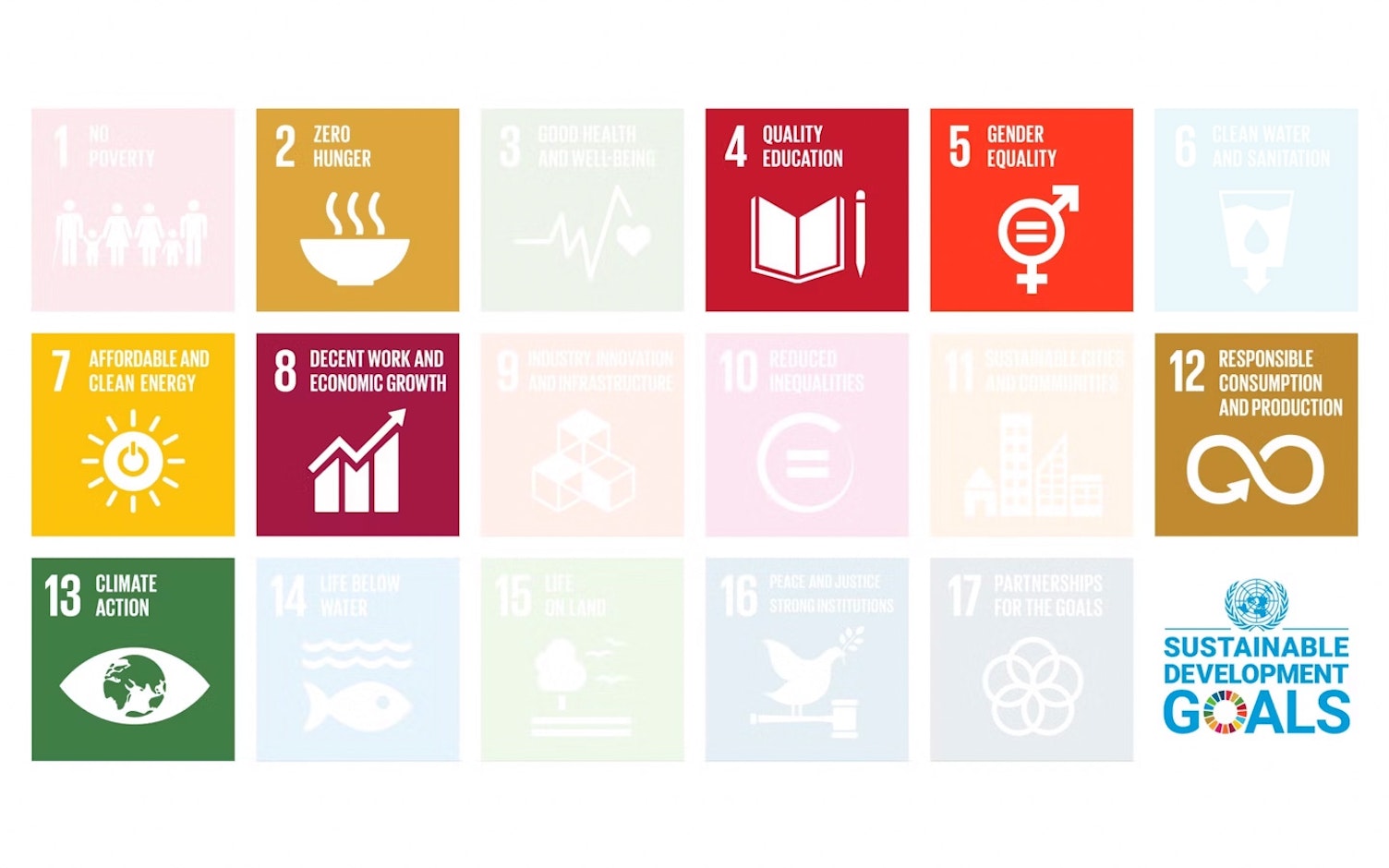
Examples of our contribution:
SDG 2: zero hunger
Gafta sustainability pledge
Over 100 of our labs, fumigation and inspection operations are now included in the Grain and Feed Trade Association (Gafta) sustainability pledge directory. This demonstrates our company-wide commitment to following – and promoting – sustainable industry practices.
SDG 4: quality education
SGS Academy
Our SGS training programs cover a wide range of topics related to areas such as quality, sustainability, performance, and health and safety. We offer bespoke training from industry experts, and our courses are designed for different levels of ability to address the needs of any industry.
Moreover, SGS Academy for the Community provides high-quality technical training to people earning less than the average living wage in the communities where we operate. The aim of this pro-bono initiative is to support local economic development by enhancing access to quality employment.
SDG 5: gender equality
Women in leadership
We are progressing towards our 2027 goal of at least one third of leadership positions held by women by taking proactive steps, from recruitment (our recruitment academy helps us to avoid conscious or unconscious biases), to policies (for example, on antidiscrimination and dignity at work) and rewards (taking action on our gender pay gap).
Providing diverse, inclusive and equal opportunity employment in India
In India, we are working to enhance gender diversity. This includes actively implementing a gender-neutral workspace, in collaboration with key stakeholders, and other initiatives, such as YouINSPIRE, a quarterly platform fostering connections among women employees at SGS India, featuring empowering workshops, and an actionable ally workshop for managers on women talent.
SDG 7: affordable and clean energy
EEB program and onsite reduction projects
Our Energy Efficiency in Buildings (EEB) program evaluates and reduces the energy consumption in new and existing buildings across the Group. The action plans developed for each affiliate provide specific guidance on steps that can be taken to become more energy efficient. Each plan identifies the affiliate’s key facilities, the KPIs that need to be monitored and the opportunities to improve energy efficiency performance.
SDG 8: decent work and economic growth
Human rights policy and report
Our human rights policy has recently been updated to better reflect our commitment to human rights. Our human rights report consolidates the principles, policies and initiatives that demonstrate our commitment.
SDG 12: responsible consumption and production
Sustainable procurement
Our global procurement and supply chain management strategy places a heavy emphasis on sustainable procurement, helping us drive responsible production practices among more than 60,000 suppliers.
SDG 13: climate action
Decarbonization strategy
Our decarbonization strategy comprises two pillars: (1) to reduce fuel and energy consumption at source, via initiatives such as our Energy Efficiency in Buildings program and our vehicle emissions policy, and (2) to use renewable energy whenever possible. While these pillars are the focus of the initial phase of our journey, we are also committed to securing durable carbon removals to offset the impact of any emissions that remain unavoidable in the latter stages of the journey.
Spot the Orange Dot initiative
We cultivate a sustainability culture where the goal is to enhance eco-friendly practices by using fewer resources and reducing our emissions. In pursuit of this objective, we introduced Spot the Orange Dot, an awareness initiative about identifying sustainability action spots, where a real difference can be made, with orange dots. These orange dots range from straightforward, such as stickers near light switches, to inventive and abstract, like an eco-driving course.
